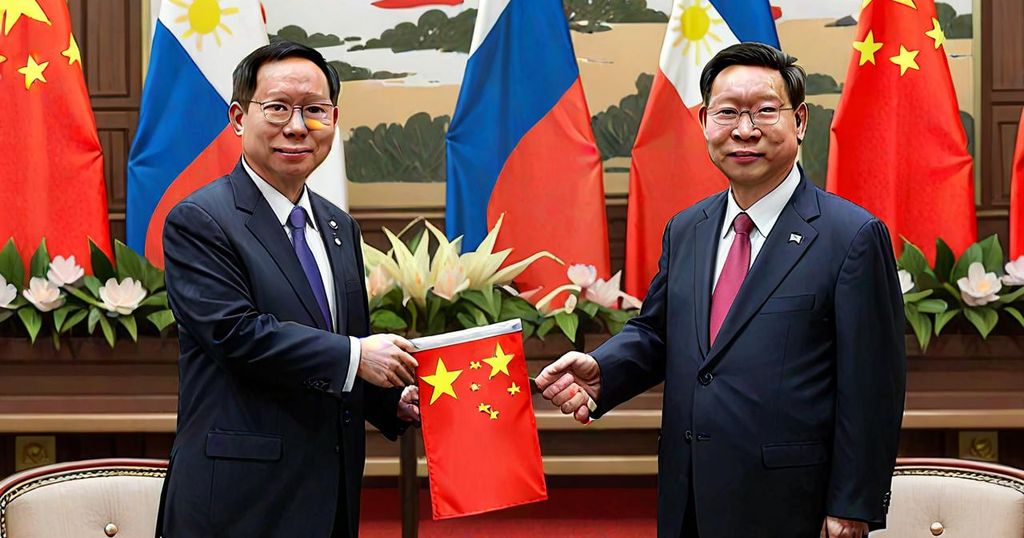In a recent meeting in Manila, officials from the Philippines and China have reached an agreement to “de-escalate tensions” in the South China Sea following a tense standoff at a disputed shoal last month. This decision followed a meeting between Foreign Affairs Undersecretary Ma. Theresa Lazaro and Chinese Vice Foreign Minister Chen Xiaodong for the 9th Bilateral Consultation Mechanism on the South China Sea (BCM).
The meeting was characterized as a “frank and constructive discussion” on the situation in the South China Sea, with both sides affirming their commitment to de-escalate tensions without prejudicing their respective positions. While this marks a positive step forward, Lazaro also asserted Manila’s unwavering commitment to protecting its interests and upholding its sovereignty, sovereign rights, and jurisdiction in the West Philippine Sea.
Both parties have pledged to establish a “maritime communication mechanism” between their coast guards and have agreed to create a joint committee to address such incidents. This demonstrates a readiness to address and manage disputes in the region, despite previous attempts to establish similar communication channels not yielding the desired results.
The discussion in Manila follows a dramatic standoff between Filipino servicemen and Chinese coast guard personnel at Second Thomas (Ayungin) Shoal on June 17, which resulted in a Philippine navy sailor losing a finger. In response to this incident, the international community, particularly the United States, has expressed growing support for the Philippines.
U.S. President Joe Biden has emphasized the importance of a “free and open” South China Sea, where local fishermen can conduct their trade freely and without coercion from other countries. This sentiment was also expressed by Washington’s envoy to Manila, MaryKay Carlson, who urged China to cease harassing Philippine vessels lawfully operating in the Philippine exclusive economic zones.
On the other hand, China maintains that Manila’s resupply missions to a Philippine military outpost at the shoal violate its jurisdiction, despite the reef being located within the Philippines’ exclusive economic zone. The Chinese foreign ministry spokeswoman, Mao Ning, called for the Philippines to cease its “infringement activities and provocations” and return to resolving differences through dialogue and consultation.
This recent agreement to de-escalate tensions and the ongoing dialogue between the Philippines and China are positive signs for the region. The commitment to address disputes through diplomatic means and to establish communication channels to manage incidents at sea demonstrates a willingness to work towards peace and stability in the South China Sea. As the situation continues to develop, it is important for all parties involved to prioritize dialogue and cooperation in addressing their differences.

Leave a Reply